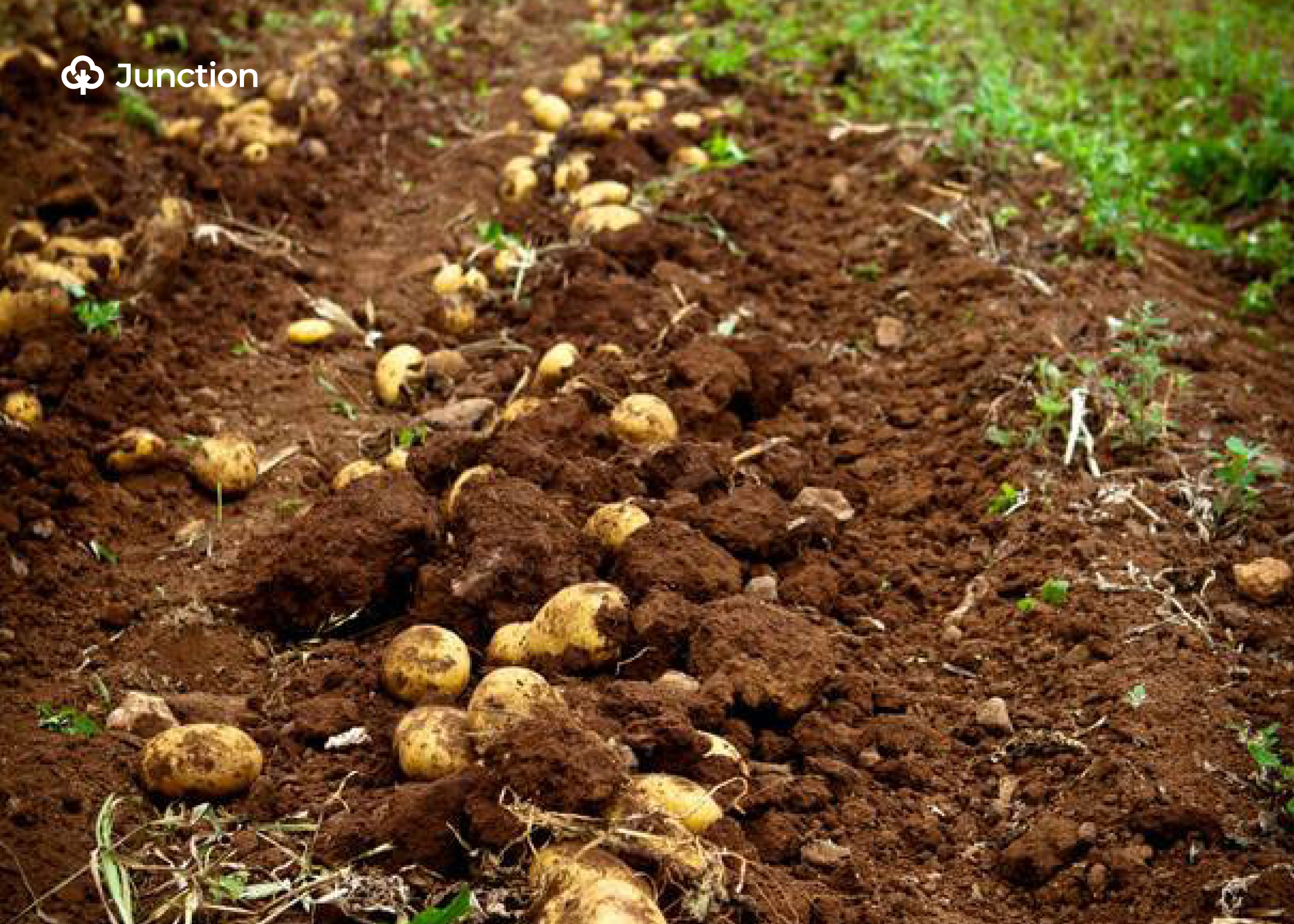News in brief:
– Ongoing attacks in Plateau State have forced many farmers to abandon their farms, leading to declining food production.
– The government is implementing security measures and agricultural initiatives to restore farming and resettle IDPs.
For over two decades, relentless attacks on rural communities in Plateau State have forced many farmers to abandon their farmlands in search of alternative livelihoods. The state, once a key contributor to Nigeria’s agricultural output, now faces a crisis as farmers can no longer access their farms due to threats from armed groups, often labelled ‘gunmen’ in media reports.
These persistent attacks have been devastating, leading to large-scale displacement, plummeting food production, and economic downturns in affected areas. Once a leading food basket of the nation, Plateau State’s agricultural sector is struggling to survive.
Farmers lament: ‘We have lost interest’
Many farmers, now residing in Internally Displaced Persons (IDP) camps, have expressed deep disillusionment with farming due to the insecurity plaguing their communities.
Habila Danjuma, a woman who lost her husband and two children in a midnight raid, recounted her harrowing experience. “Going to the farm has turned into a nightmare for me. We need security personnel to protect our communities. Many who return to their farms still face the same fate,” she said.
Reports from other farmers indicate that in addition to deadly attacks, farmlands have been destroyed, and harvested crops either looted or set ablaze by marauders. Fear now grips rural communities, forcing many to abandon their livelihood.
Government’s response to the crisis
Recognising the dire consequences of the ongoing insecurity, Governor Caleb Mutfwang has initiated a multifaceted strategy to address both the security situation and the decline in farming. As part of these efforts, the state government is collaborating with federal security agencies to enhance security in vulnerable areas.
The administration has begun constructing security posts and supporting the Federal Government’s establishment of mobile police barracks in conflict-prone zones. Recently, the governor and security officials visited sites in Gashish District, Barkin Ladi Local Government Area, and Kwall in Bassa Local Government Area to assess security initiatives.
During his visit, Governor Mutfwang commended the Inspector General of Police, Kayode Egbetokun, for prioritising the security of Plateau State, promising that the state government would provide all necessary resources to make security facilities operational.
Resettlement plans and agricultural revitalisation
The state government has set an ambitious goal to resettle displaced persons before the next planting season. A Task Force on Resettlement of Internally Displaced Persons has been established to facilitate their safe return. Affected communities in Barkin Ladi, Bokkos, Riyom, Mangu, and Bassa local government areas have been identified for resettlement, with security measures being put in place.
To reignite interest in farming, the state government has launched agricultural support initiatives, including the commissioning of 20 tractors and the disbursement of $250,000 (approximately ₦375 million) to 10 communities under the Agro-Climatic Resilience in Semi-Arid Landscapes (ACReSAL) project.
The administration has also procured 200 tractors through the Plateau Agricultural Development Programme (PADP) to boost mechanized farming. In addition, 6,000 hectares of abandoned farmlands have been reclaimed, with improved seeds distributed to aid farmers in restarting their agricultural activities.
Enhancing food production and security
To further bolster food security, over 120 metric tonnes of improved seeds and 18,000 metric tonnes of fertiliser have been distributed to farmers at subsidised rates. A farmers’ database is also being developed to streamline input distribution and enhance agricultural policy implementation.
In a major boost for wheat production, Plateau State has received 13 metric tonnes of wheat seed from the Federal Ministry of Agriculture. A public-private partnership at BARC Farms is dedicating 500 hectares to wheat and feedlot enterprises, creating employment opportunities and increasing productivity.
With 3,000 hectares of irrigable land identified and 3,500 farmer clusters formed, irrigation farming is set to expand. Over 3,000 water sources, including mining ponds, have been mapped out for sustainable irrigation solutions.
Additionally, the African Development Bank (AfDB) has enlisted Plateau State for the establishment of a Special Agro-Processing Zone, aimed at reducing post-harvest losses and adding value to the state’s agricultural output.
The road ahead
Despite ongoing efforts, many believe that meaningful agricultural recovery in Plateau State hinges on one crucial factor—security. As long as farmers fear for their lives, food production will remain a challenge.
Observers argue that if the state government successfully curbs insecurity and ensures the safety of farming communities, Plateau State can reclaim its status as a major agricultural hub and contribute significantly to Nigeria’s food security efforts. Until then, the words of many displaced farmers remain unchanged: “We’ve lost interest.”



